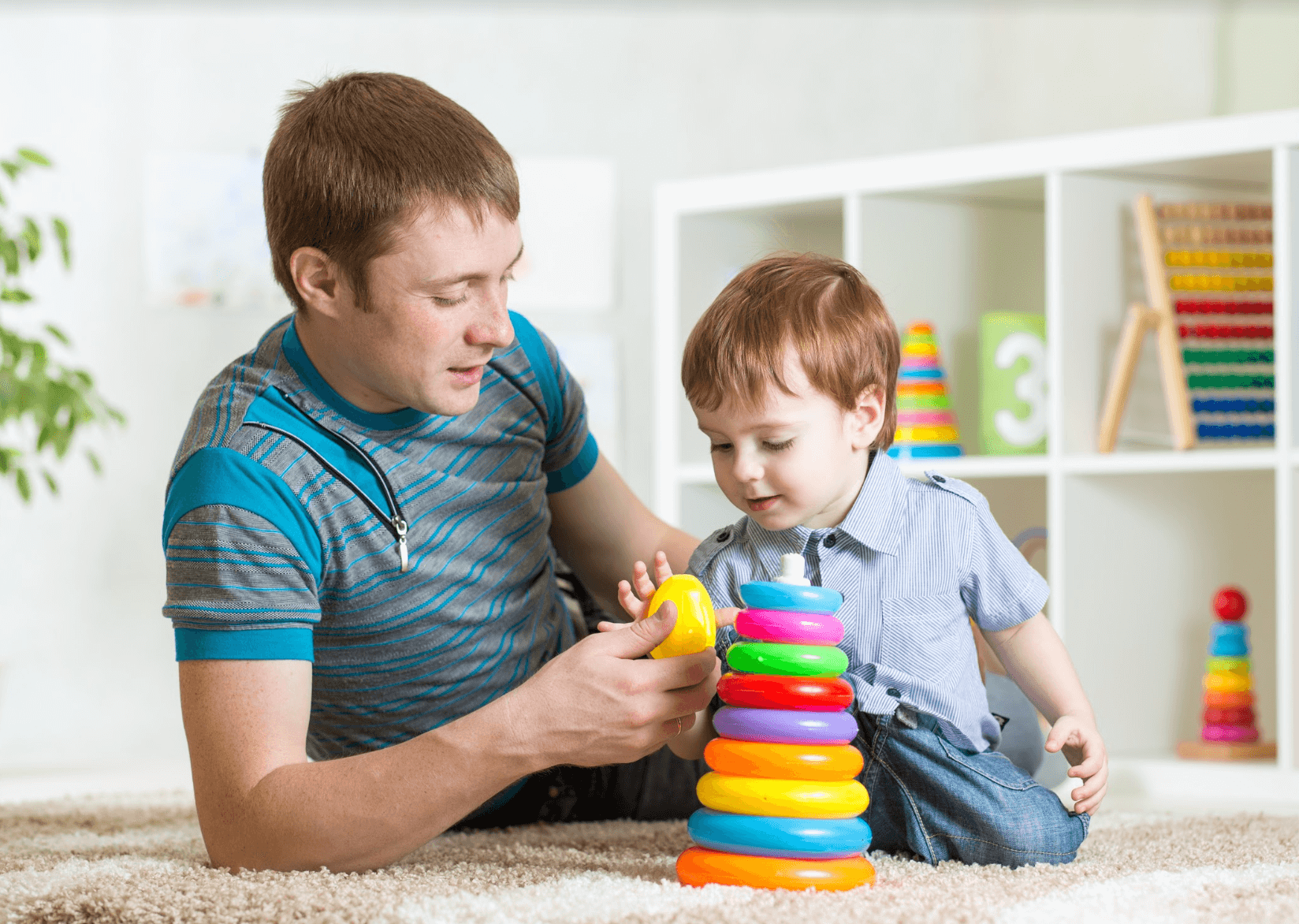It’s only natural for new dads to want a little reassurance and support when it comes to their role and relevance in their new baby’s life.
As opposed to moms, who are the stars of the show during pregnancy, childbirth, and nursing, dads take a back seat to a lot of the baby action.
It’s encouraging to know that there’s increasing scientific evidence showing that a father’s role in his baby’s development is key. So, even though bonding may not come naturally or may take extra time for most dads, studies show that they have an important impact on their babies’ brains and emotional development from the earliest stages of life. Here is some advice to help new dads make the most of father-time!
Understand that bonding can’t be rushed
Women have an unfair advantage when it comes to bonding. Moms’ nine-month pregnancy plus a natural hormone boost from childbirth and nursing, tend to promote intense and rapid bonding with their new babies. With dads, on the other hand, bonding builds gradually as a result of caring for, feeding, bathing, and watching their baby grow day by day.
Hold your baby close
Oxytocin, the “love hormone”, is released when a father is hugging or holding his baby close (leveling the hormonal playing field with the mother). The more a dad can participate in caring for his baby, by bathing and even rocking them to sleep, the more oxytocin he’ll release, and the more likely it is that he’ll feel empathy, love, and protectiveness for his little one.
Hang out with your baby, literally
Placing the baby in a carrier, sling, or wrap will keep them close to daddy while he goes about his busy day. While setting aside playtime with their baby is great and necessary, dads shouldn’t feel that they need to put their lives on hold or make every moment count. As long as his baby is along for the ride, dad is contributing to his little one’s development even when he’s watering the lawn, walking the dog, or playing the guitar.
Talk to your baby
An important and positive trait that most dads exhibit is that they are less likely than moms to baby-talk or modify their tone in front of the little ones. Dad’s more natural approach challenges a baby’s mind and expands their understanding of vocabulary, body language, and intonations.
Be funny
Babies appreciate humor from a very young age, as early as three or four months old. Finding special sounds or movements that daddy and baby can laugh about together will help them develop special, private rituals that they can share each day.
Don’t try to be a mom
Pressured by a desire to bond, many new dads try to emulate their partners and imitate traditionally mothering behaviors. If those behaviors come naturally, that’s great! But in most cases, mothers and fathers nurture and interact in different ways with their kids, and that diversity is good for your baby’s understanding of people.
Father time is vital for a baby, but it’s not one-size-fits-all. Dads need to believe in themselves, share their feelings and experiences with other dads, and allow themselves to settle into fatherhood at their own pace. Whatever his style or rhythm, a new dad should feel sure in the knowledge that he is contributing to his baby’s development while building one of the most important bonds in life –the bond between a father and his child.








